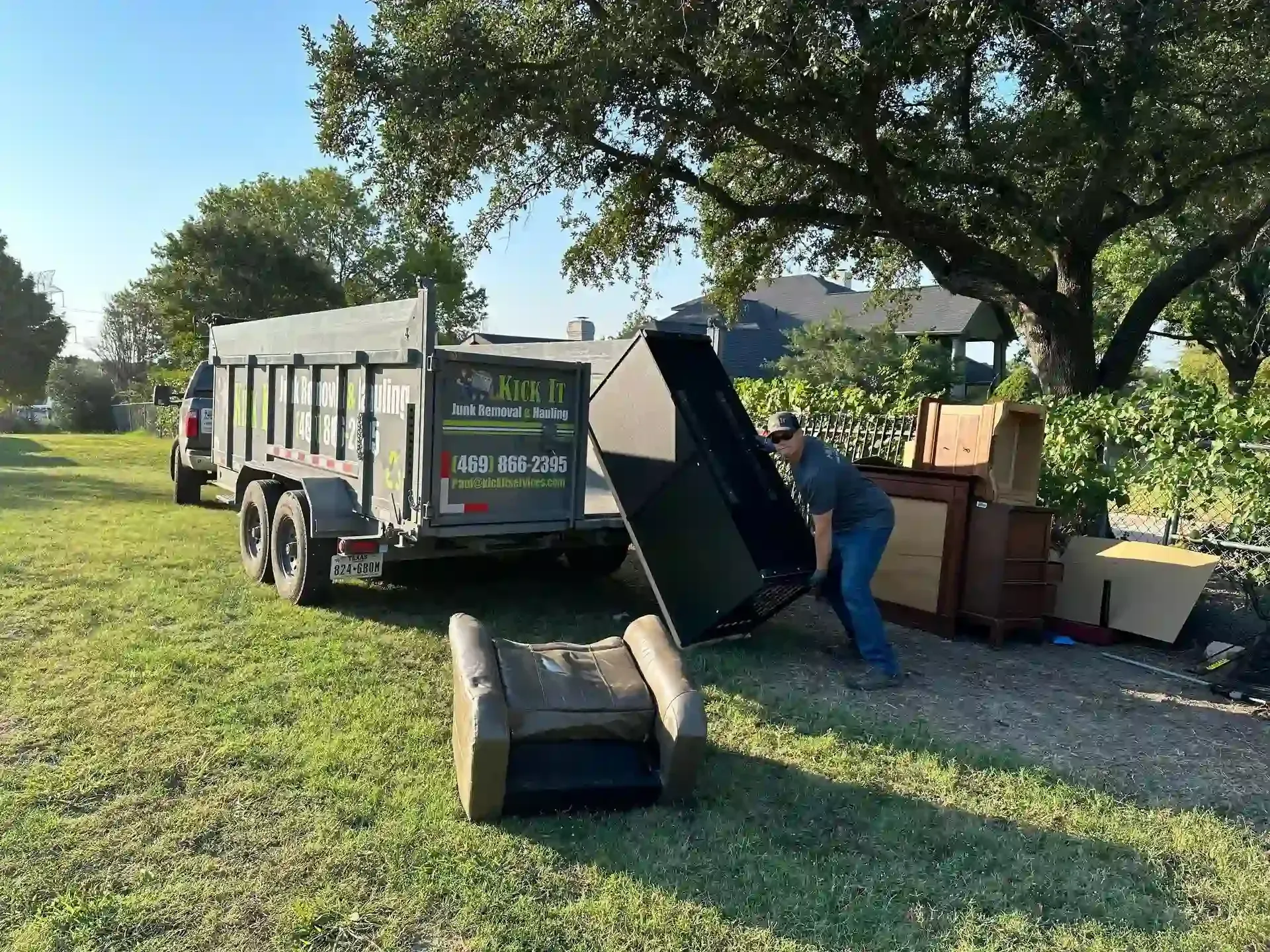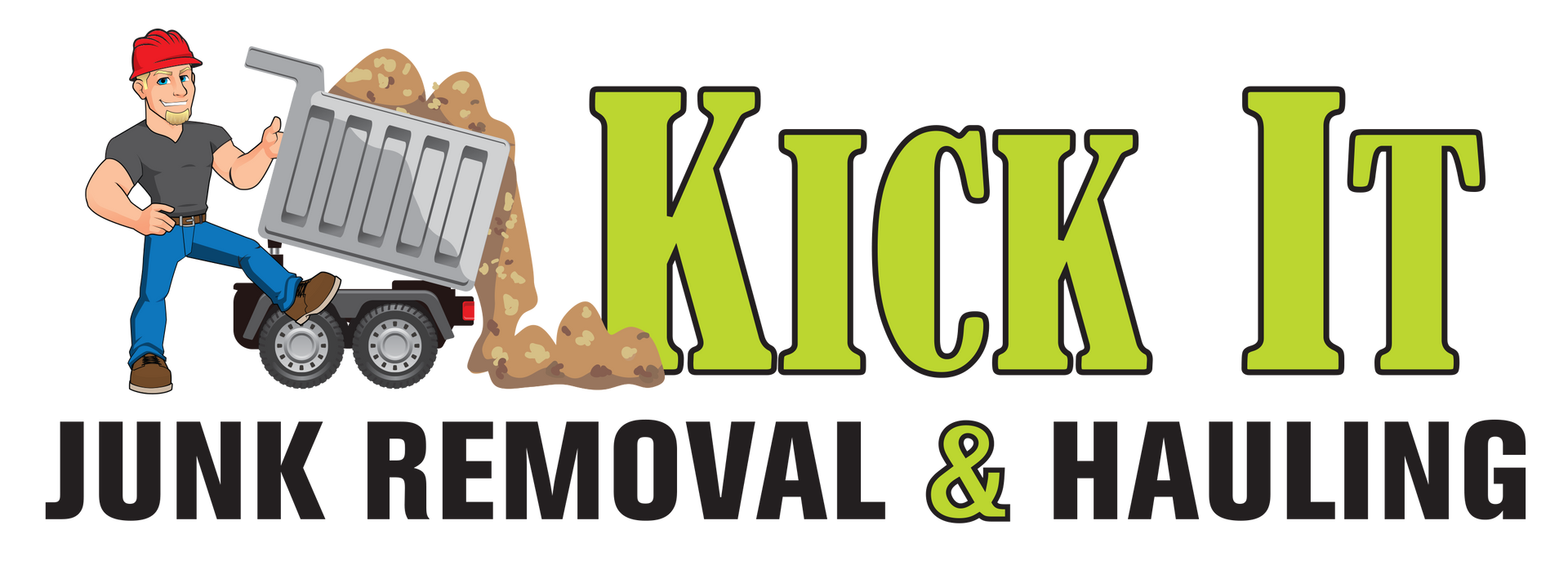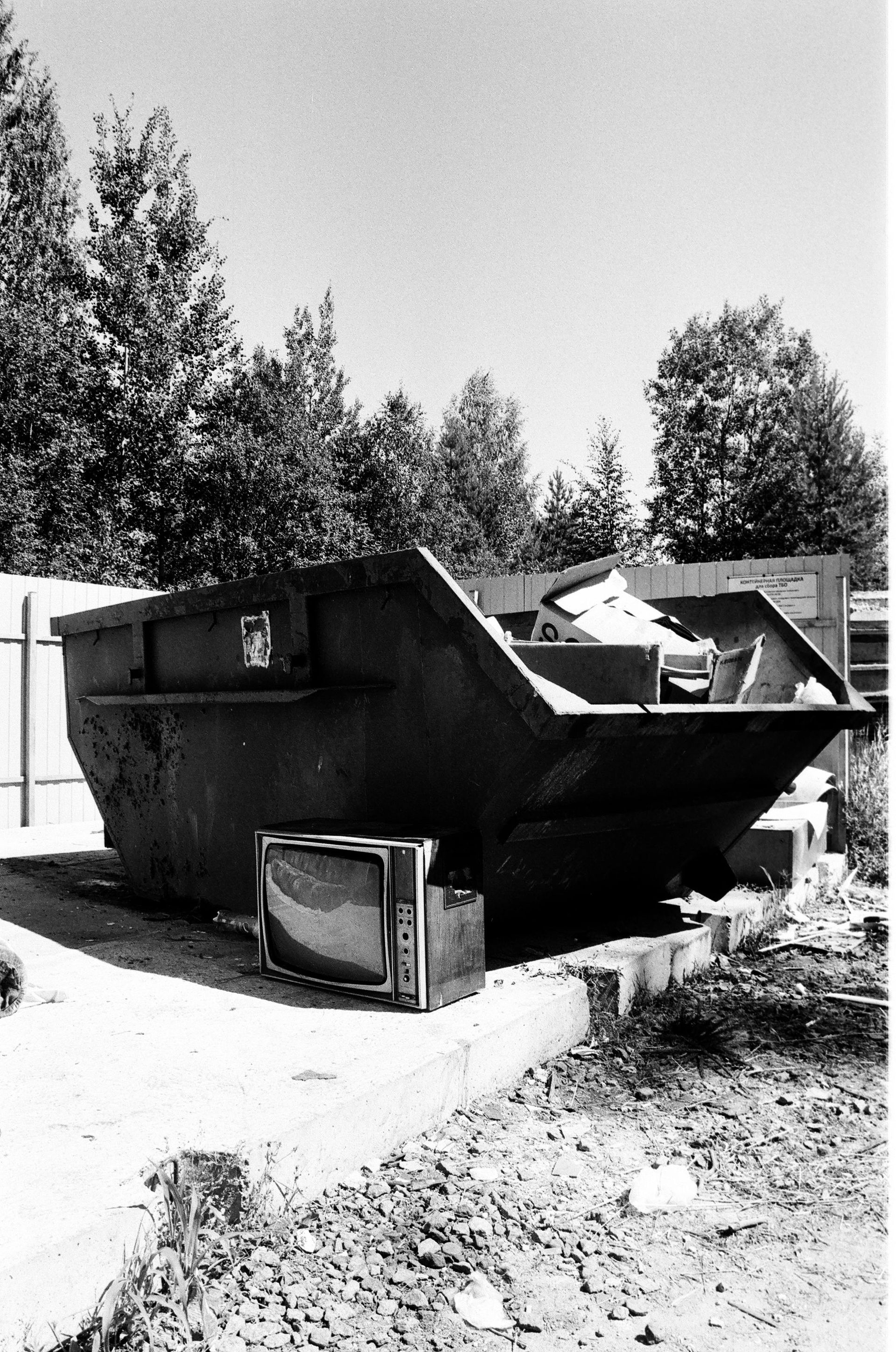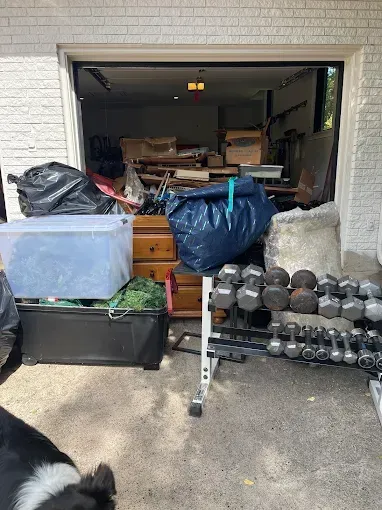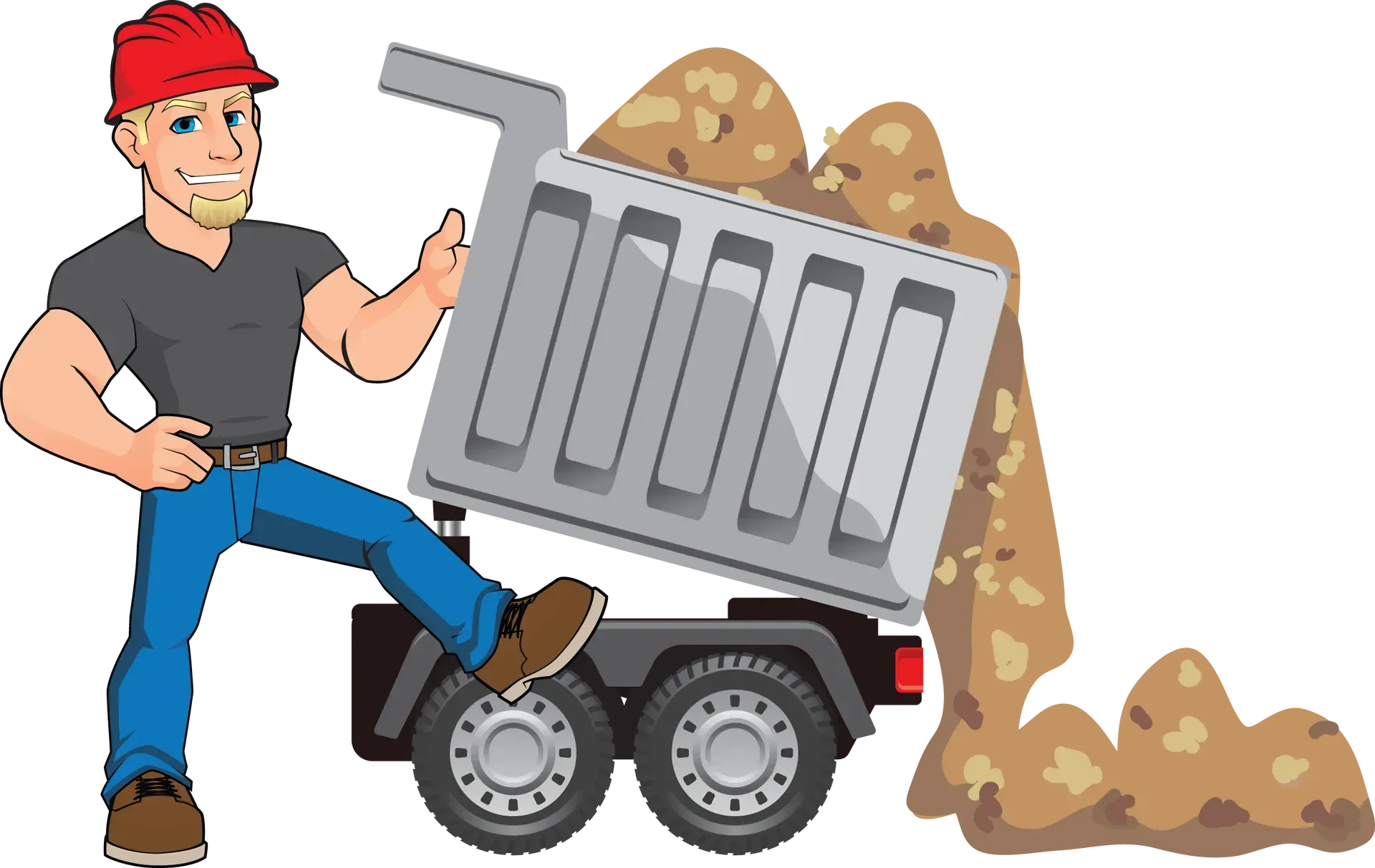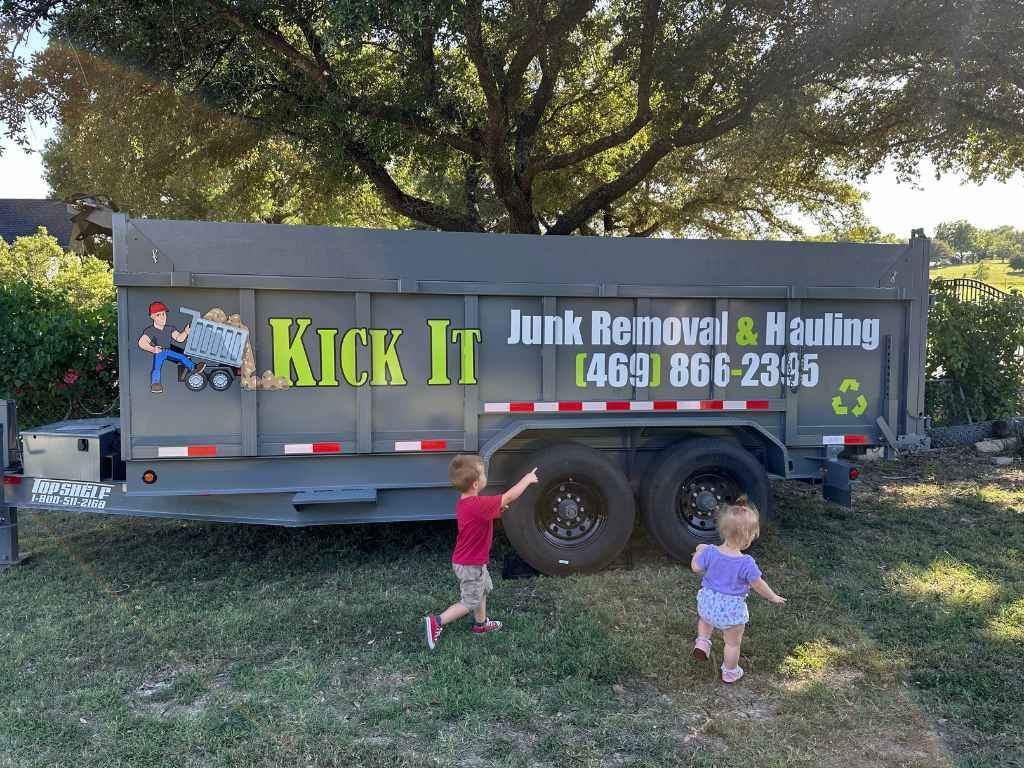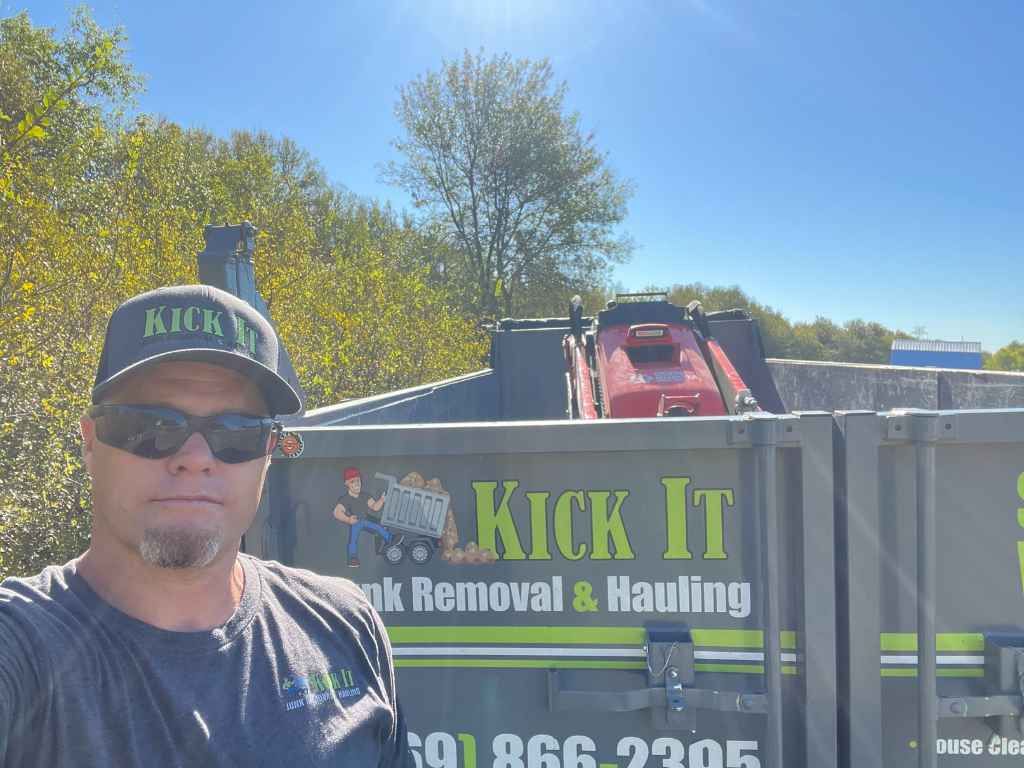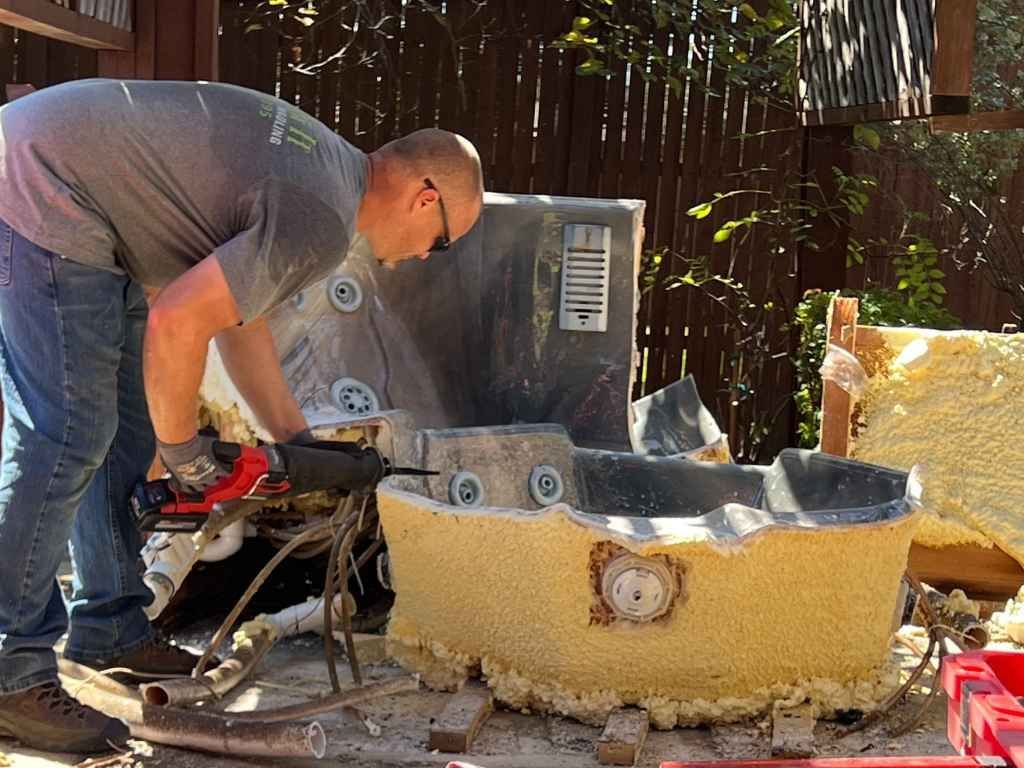How to Properly Dispose of Commercial Junk Items
When it comes to commercial spaces, whether you own a retail store, office building, or warehouse, junk accumulation is often inevitable. Old furniture, broken equipment, construction debris, and outdated electronics seem to pile up without warning. The challenge arises in deciding how to get rid of it all. Proper disposal of commercial junk is essential—not just for the cleanliness of the space but also for your company’s reputation, legal compliance, and environmental responsibility.
In this guide, we'll walk you through the importance of proper junk disposal and explore effective ways to manage and clear commercial junk. The goal is to offer you actionable insights that help you handle cluttered workspaces efficiently while ensuring minimal environmental impact.
The Importance of Proper Junk Disposal
Let’s face it: junk can accumulate in any commercial setting, whether it’s from office renovations, old inventory, or excess packaging materials. However, how you handle these unwanted items is crucial.
Environmental Responsibility: With growing concerns about environmental sustainability, it's important to dispose of junk in a way that minimizes waste. Many commercial junk items, such as office furniture or electronics, can often be recycled or repurposed.
Health and Safety: Old and broken items may present health or safety hazards. For example, sharp edges from broken equipment or piles of debris can create a dangerous environment for your employees or clients. Ensuring proper disposal will help you maintain a safer workplace.
Compliance and Legal Issues: Many commercial junk items, particularly hazardous waste like chemicals or certain electronic waste, have strict regulations surrounding their disposal. Failure to comply with these regulations could result in hefty fines or even legal action. Following proper disposal guidelines ensures you stay on the right side of the law.
Space Optimization: A cluttered workspace is inefficient. The more junk you accumulate, the less usable space you have. Whether it’s for a cleaner, more organized office or a warehouse that needs room for better inventory management, clearing out junk can help optimize your commercial space.
Categories of Commercial Junk
Before tackling the disposal process, it’s important to identify what types of junk you have. Different materials require different disposal methods. The main categories of commercial junk include:
Furniture: Office chairs, desks, filing cabinets, and other outdated furniture items tend to take up space and serve no purpose once they’ve passed their prime. While some of these items may still be usable, others might be broken or damaged beyond repair.
Electronics: Old computers, printers, fax machines, and outdated televisions are often discarded when companies upgrade their technology. These items may contain hazardous materials like lead or mercury, which require special disposal methods.
Office Equipment: Items such as outdated printers, fax machines, photocopiers, and industrial machinery are common in commercial spaces. Proper disposal or recycling is essential due to the valuable parts and harmful chemicals some equipment may contain.
Construction and Renovation Debris: If you’ve recently renovated your office or commercial space, you likely have piles of construction materials, drywall, wood, metal, and concrete. While some of these items can be recycled, others may need to be disposed of according to specific building codes.
Waste and Packaging Materials: Commercial businesses often generate large amounts of packaging material, cardboard, plastic, and other waste during shipping or product deliveries. These materials need to be disposed of properly to avoid littering or unnecessary waste accumulation.
Hazardous Materials: Paints, solvents, chemicals, batteries, and certain cleaners must be disposed of with care. These substances often cannot go into regular trash and require specialized disposal techniques to prevent environmental contamination.
Miscellaneous Junk: Items that don’t fit neatly into the above categories—such as broken office supplies, outdated marketing materials, or old promotional banners—also contribute to the junk pile.
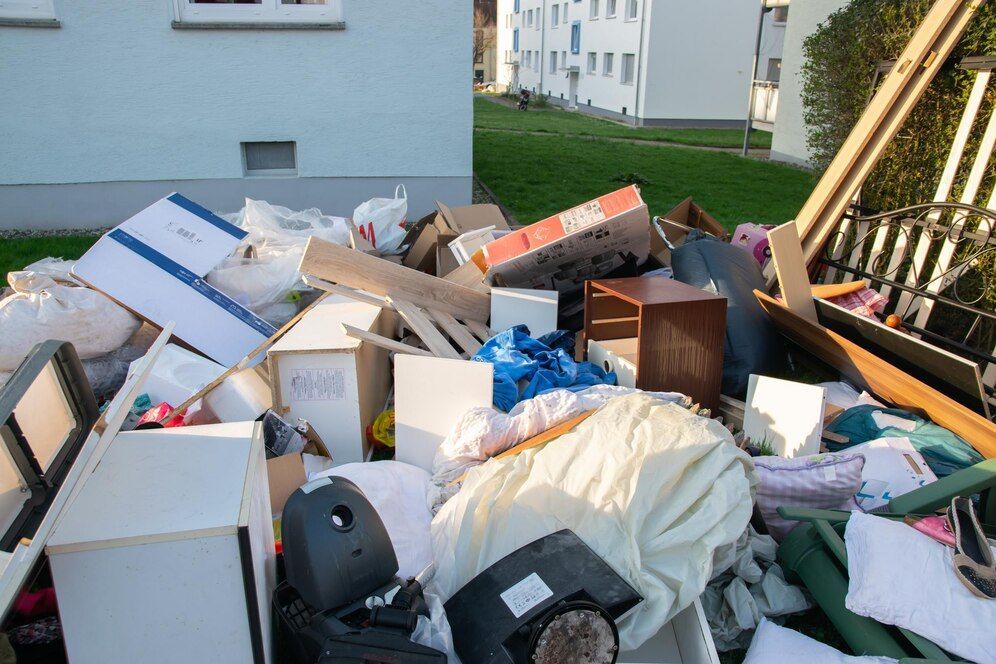
Step-by-Step Guide to Properly Dispose of Commercial Junk
Proper junk removal doesn’t just mean throwing everything away. The process involves sorting, recycling, and disposing of materials in the most responsible and efficient way. Here's a step-by-step guide to help you clear out your commercial space:
Step 1: Assess the Junk
The first step is to identify and assess the junk in your commercial space. Walk through your office, warehouse, or any other area where clutter accumulates. Categorize the items based on type—furniture, electronics, construction debris, etc. This step will give you a clear idea of what needs to be disposed of, recycled, or donated.
Step 2: Separate Recyclable Items
Some of your junk may have valuable components that can be reused or recycled. For example:
Electronics: Older electronics often contain metals, plastics, and glass that can be recycled. Many electronics recycling programs will take care of the disposal and ensure that valuable materials are reused in new products.
Furniture: Office furniture made of metal or wood can often be recycled, or you may be able to donate it to charities or organizations in need.
Packaging Materials: Cardboard, plastics, and paper products are often recyclable. Check with your local recycling center for specific guidelines.
Separate these items before disposing of the rest, as this minimizes landfill waste and contributes to a greener environment.
Step 3: Donate Usable Items
If any of the items you’re clearing out are still in good condition, consider donating them. Office furniture, electronics, and supplies can often be repurposed by non-profit organizations or other businesses in need. This not only helps reduce waste but can also benefit your community. Check with local charities, schools, or organizations to see if they accept donations of usable commercial items.
Step 4: Hire a Professional Junk Removal Service
Depending on the amount of junk and the types of items involved, hiring a professional junk removal service can save you time and effort. A reliable junk removal company will:
Properly sort and categorize the junk.
Dispose of hazardous materials in accordance with local laws.
Ensure that recyclable items are taken to the appropriate recycling facilities.
Save you the hassle of renting dumpsters or managing the disposal process yourself.
Hiring a junk removal company is especially helpful when dealing with large, bulky, or hazardous items that require special handling.
Step 5: Safely Dispose of Hazardous Waste
Certain commercial junk items, such as paints, chemicals, batteries, and electronics, require special disposal methods. These materials should never be thrown away in standard garbage bins, as they can pose a risk to the environment and human health.
Check with your local waste management service or environmental agency to find the nearest drop-off location for hazardous waste disposal. Many cities offer special collection days for these materials, so keep an eye out for announcements regarding hazardous waste pickup in your area.
Step 6: Rent a Dumpster for Large-Scale Projects
If your junk removal project is particularly large or involves extensive construction debris, renting a dumpster may be your best option. This allows you to dispose of large amounts of waste on-site, saving you the trouble of transporting items to a disposal facility. Make sure to choose a dumpster size appropriate for the scale of your project and be aware of any restrictions on certain types of waste.
Step 7: Clean and Organize Your Space
Once the junk is removed, take the opportunity to thoroughly clean your commercial space. Organize your inventory, office supplies, and workstations to ensure that your business runs smoothly. Implement systems for reducing future waste, such as setting up recycling bins or adopting paperless processes where possible.
Legal Considerations for Commercial Junk Disposal
Disposing of commercial junk isn’t just about clearing your space. It’s also about ensuring that you comply with local, state, and federal regulations. Various laws govern the disposal of certain items, especially hazardous materials and electronics. For example:
E-Waste: Electronics like computers, monitors, and printers contain hazardous materials and should be recycled rather than disposed of in a landfill. Many states have regulations that mandate the recycling of electronic waste.
Construction Debris: Some building materials, such as asbestos or lead-based paint, require special handling. Local laws dictate how to dispose of these materials safely and may require you to hire a certified waste management service.
Chemical Waste: Paints, solvents, and other chemicals may need to be disposed of through a certified hazardous waste removal service. Failing to do so can lead to hefty fines or legal trouble.
Expert Tips for Efficient Commercial Junk Disposal
Properly disposing of commercial junk is crucial for maintaining a clean and organized workspace. Items such as broken office furniture, outdated electronics, and construction debris can quickly pile up, taking up valuable space and creating safety hazards. Instead of letting junk accumulate, it’s essential to assess what can be recycled, donated, or safely disposed of. Partnering with a professional junk removal service offers a streamlined solution for large-scale projects while ensuring compliance with local regulations.
By hiring experts, you save time, reduce stress, and avoid dealing with hazardous materials. Junk removal services have the necessary tools and expertise for handling specific disposal needs, from electronics recycling to hazardous waste removal.
Conclusion
Proper disposal of commercial junk items is a necessary aspect of running any business. Whether you’re clearing out old furniture, electronics, or construction debris, it’s essential to follow the right disposal methods to ensure safety, environmental responsibility, and legal compliance.
By taking the time to assess, recycle, donate, and safely dispose of your junk, you contribute to a cleaner, more efficient workplace and a greener planet. If you need assistance with junk removal, consider reaching out to a professional company that specializes in safe and effective disposal.
For your commercial junk removal needs, contact Kick It Junk Removal & Hauling at 14339 Stanley Lane, Forney, Texas 75126. You can also reach us at 469-866-2395 or Paul@kickitservices.com for more information on our services.
